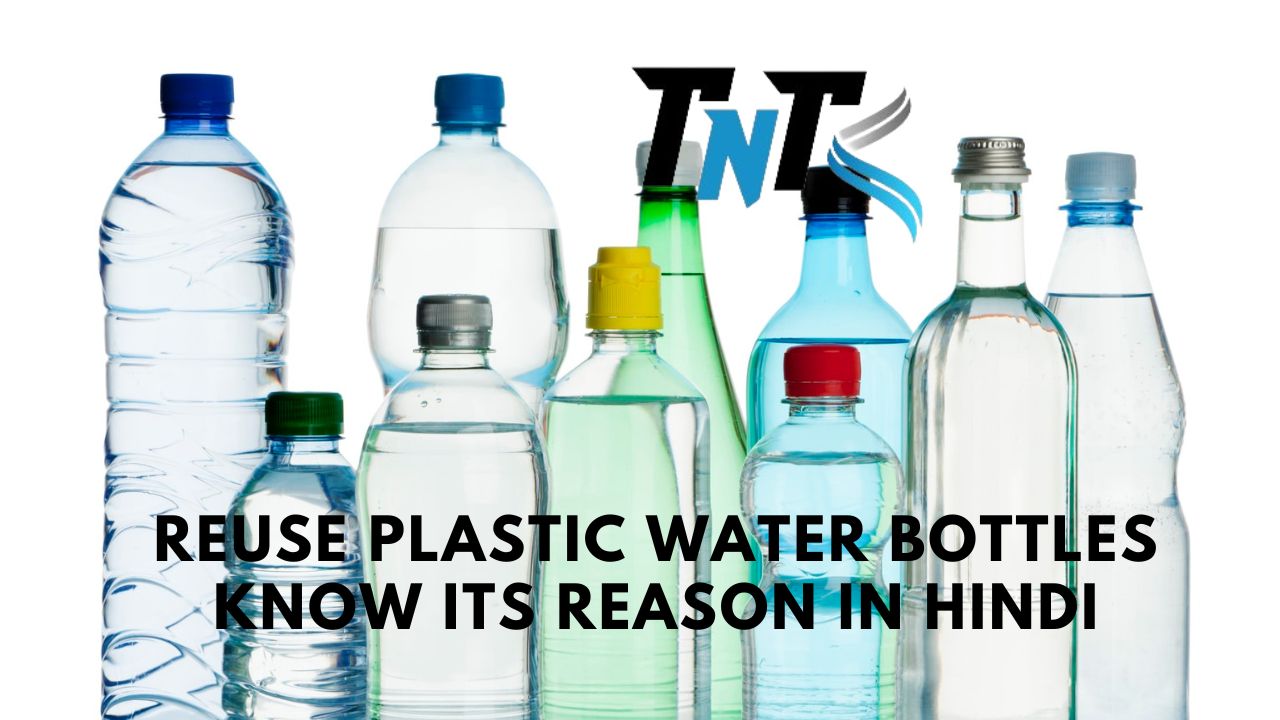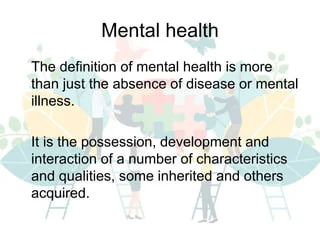Introduction
Now in the world with widespread environmental awareness it is not surprising that many of us are trying to replace the plastic in our daily routine with other sustainable alternative. Another point where this consideration would be most necessary is in regard to plastics. for instance: with water bottles made plastic. Does it matter if you just decide to reuse and plastic water bottle now and then? While there are several reasons to doubt it the very process is hazardous to your well-being and the condition of the environment. In this article wellhealthorganic.com:know-why-not-to-reuse-plastic-water-bottles-know-its-reason-in-hindi we seek to investigate the danger of reusing plastic water bottles and stress the importance of moving to safer alternative measures.
Understanding the wellhealthorganic.com:know-why-not-to-reuse-plastic-water-bottles-know-its-reason-in-hindi
The chief issue that arises from the modification of plastic water bottles for re-use is the possibility that BPA, a chemical substance used as component in many plastics, will get into contact with people (BPA). BPA impersonates estrogen in the body and a too much level of BPA is found to be the culprit of various health problems including cancer, reproductive disorder, and neurological issues. The majority of today’s plastic water bottles are labeled “BPA-free”, non-the – less they might contain numerous other toxic chemicals that could be leaching into your drinking water in the long run.
Environmental Impact of Reusing Plastic Water Bottles
Ultimately, it is the question of whether the modification of plastic water bottles will result in the interaction of people with BPA (a chemical substance) substance which is really a problem for us. BPA takes estrogen mimicking attitude in your body. And the more you have of it the chance of birth defects, reproductive disorders, and neurological diseases increases. Most of the water bottles present today are marked ‘BPA free’ but while exuding rare toxins, they could will lead to leaching of more dangerous chemicals into your water later on.
Chemical Leaching: Polyethylene terephthalate (PET) plastic, that is normally used in production of plastic water bottles, can release hazardous substances like antimony, bisphenol A (BPA), and corticoids, indicate the presence of excessive heat or exposure to UV radiation. The chemical has been associated with a collection of health concerns, such as the hormonal gland interference, reproductive issues, and cancers.
Bacterial Growth: wellhealthorganic.com:know-why-not-to-reuse-plastic-water-bottles-know-its-reason-in-hindi may happen that when using a water bottle a couple of times in a row without proper cleaning one might ingest harmful bacteria like E. coli and salmonella, which can cause gastrointestinal infections. Unlike the large pieces that are cleaned in a larger machine. The bacteria that are resident in those tiny scratches and crevices in your own mouth are mainly inaccessible to routine brushing, and thus likely to remain uncleaned.
Microplastics Pollution: In antiquity, plastic drinking water bottles may end up being broken into microplastics which are less than 5 mm in size. The microplastics have diverse effects on marine food chain where they are ingested and concentrated by aquatic organisms and at the end of the day it leads to human exposure (via ingestion of seafood).
Health Risks Associated with Reusing Plastic Water Bottles
In the past, now wellhealthorganic.com:know-why-not-to-reuse-plastic-water-bottles-know-its-reason-in-hindi coming in across the market may end up being in microplastics which are less than 5 mm in size. Microplastics can be indicated to cause diverse impacts on marine food chain where those are taken up and emerged into aquatic organisms followed by humans who get exposed to the marine life especially through consumption of seafood.
BPA Exposure: Bisphenol A (BPA), a chemical frequently applied in plastic products, has been reputed for being the cause of several health problems, including anomalies in reproduction systems, cancer, and neurological issues. Many plastics bottles are now labeled as `BPA free’, but their may still pose other hazardous chemicals and their migration into the water.
Phthalate Exposure: Phthalate is a set of chemicals used in the production of plastic items, which includes both water bottles. They have been, not just working but also directly responsible for disease and ailments such as disruption of hormones. Developmental problems and asthma. Reusing plastic water bottles raises the chance on having phthalates unto you. Especially if the bottles are heated or put under the sun.
Tips for Safe Water Bottle Use
To reduce the environmental impact and potential health risks associated with plastic water bottles, consider the following tips:
Use Reusable Water Bottles: Use nestle water bottles that are stainless steel, glass or BPA-free plastic for refilling. With these products being sturdier and less likely to drain toxics to the water. It is of no doubt, that these products is environment friendly.
Proper Cleaning: Should you need to take a bottle of water. Clean it out properly with hot soapy water and air-dry public before using it. Do not clean the plastic materials using caustic chemicals or hard brushes that scratch the plastic.
Avoid Heat and Sunlight: Not exposing the water contained in plastic bottles. It high temperatures or direct sunlight ensures fewer harmful chemicals are leached in to the water.
Recycle Properly: When metal finished with a plastic beverage bottle. Do not forget to recycle the product graciously because this may help to reduce plastic pollution.
Safe Alternatives to Plastic Water Bottles
Fortunately, there are an endless variety of eco-friendly options to plastic water bottles, substituting for the use of plastic bottles. A stainless steel water bottle is one of the best options, it is a hard-wearing, effortless to wash and does not leach out hazardous chemicals in your water like plastic bottles do. Another good option could be glass water bottles because they are nonporous and do have favor retentions or smells when used previously. Furthermore, there are so many kinds of resusable water bottles. Not only do they have BPA-free materials, but they are specially designed for multiple uses too.
Conclusion
In conclusion, wellhealthorganic.com:know-why-not-to-reuse-plastic-water-bottles-know-its-reason-in-hindi although throwing away water bottles is disposable and easy. The damaging consequences of your health and the environment definitely worth more than any benefits. Consuming filtered water from these plastic bottles is highly risky because of the chemicals present in them which could make you sick too. Thus, choose safer options like stainless steel or glass water bottles which also protect the planet. Thus, at the next time you want to buy natural water. Remember a plastic bottle in the first place and pick up a more ecological variant as an alternative.










